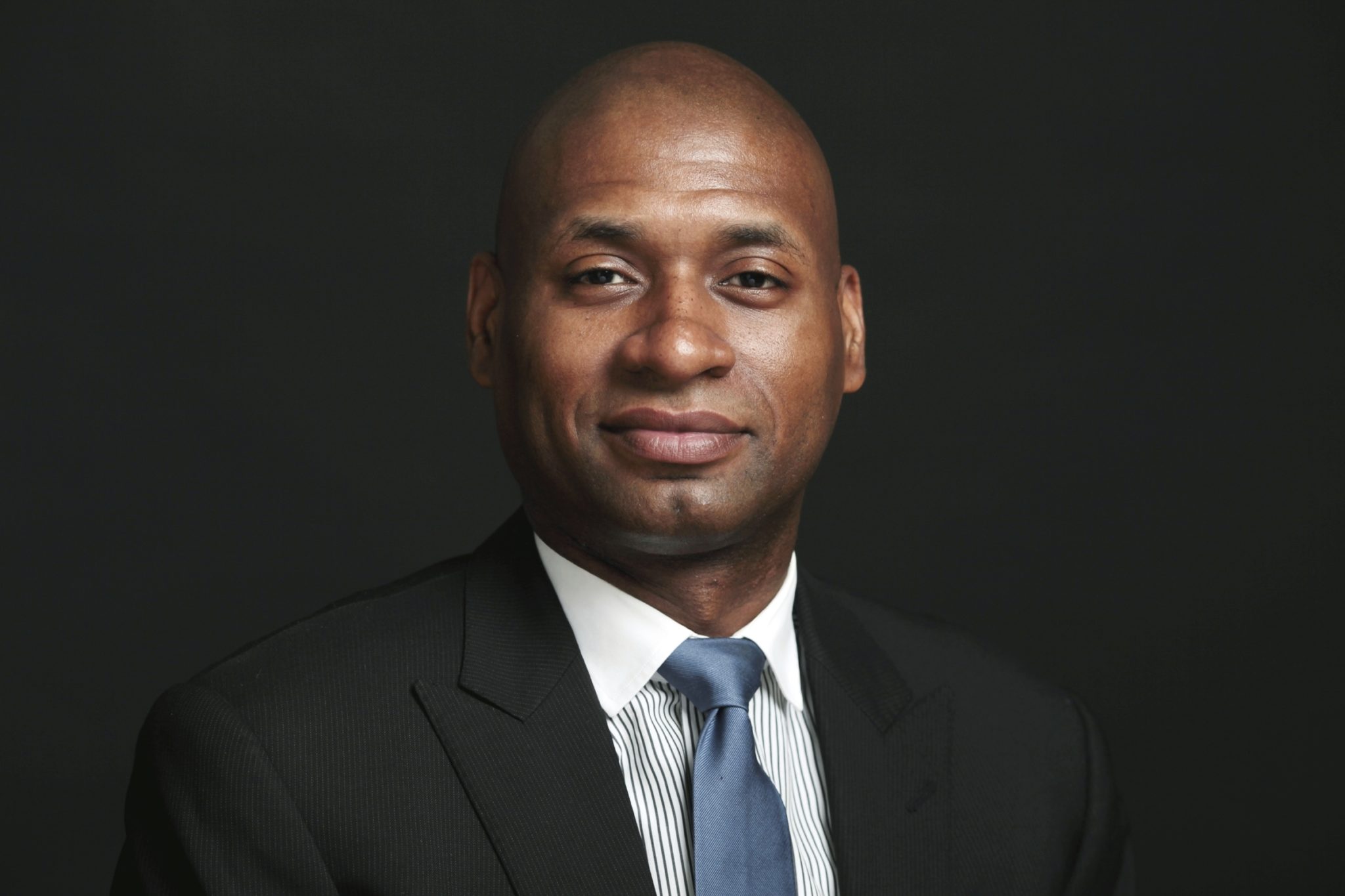Charles M. Blow kan, med New York Times’ støtte, få si hva han vil om hvite mennesker. De hvite i nord er flinkere til å si de riktige tingene, men de mener det samme som de rasistiske hvite i sørstatene, hevder Blow. Han oppfordrer svarte til å returnere til sørstatene for å skape et «Afrika i Amerika» og få politisk makt.
Logg inn for å lese videre (abonnenter).
Støtt uavhengige nyheter!
Bli abonnentPluss-artikler blir åpnet 24 timer etter publisering. Artikler som er eldre enn to år er forbeholdt abonnenter.






